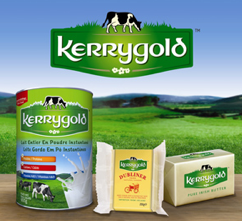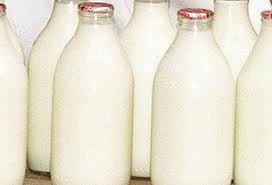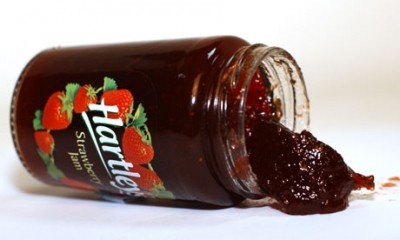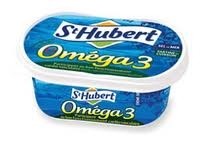Dairy Crest’s St Hubert sale to ‘transform balance sheet’
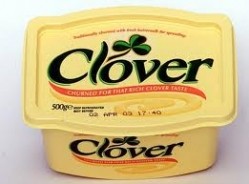
Panmure’s Damian McNeela said: “We believe that post the disposal of St Hubert, the company’s balance sheet will be transformed. The continuing business will be trading on an attractive valuation of 10.9xPE [price:earnings ratio]."
The firm was on track to achieve a ratio of earnings value (EV) to earnings before interest, tax, depreciation and amortisation (EBITDA) of 4.3, he added.
Sales of its four UK brands – Cathedral City, St Hubert, Clover, Country Life and Frijj – rose by 15% with volumes increasing by 14%. The performance reflects continuing investment in these brands but also benefits from relatively weak comparative results, said McNeela.
Dairy Crest’s five key brands achieved 5% growth in the first quarter – helped by a good performance from St Hubert, he added.
Volume growth
The company has “taken action to return the Dairies business to a satisfactory level of profitability and performance in line with expectations", said McNeela. He repeated Panmure’s recommendation to ‘Buy’ with a 385p target price.
Shore Capital noted that pressure in the dairy sector meant that the firm was definitely not “creaming it”.
Analysts Clive Black and Darren Shirley said: “Dairy Crest has announced the reduction in the milk purchase price (along with the whole trade) among a broad spectrum of activities.
“Lower farm gate prices should provide some respite to a beleaguered divisional P&L [profit and loss] where pain is not restricted to the farm gate with costs being cut across the board.
“Let no one be in any doubt: Dairy Crest Dairies is not ‘creaming it’ within the dairy chain. Its wholly sub-optimal business performance from this division in a profit and ROCE [return on capital employed] perspective proves the point.”
Shore Capital also maintained its ‘Buy’ recommendation.
Investec agreed that “the balance sheet will shortly be transformed by the proceeds from St Hubert”.
It noted that completion of the St Hubert sale and receipt of the £344M proceeds is expected at the end of August.
Analyst Nicola Mallard said: “Stripping out this high EV/EBITDA business … from the group leaves the rest of the business looking lowly valued, although we assume the market is applying different ratings to the Food and Dairy operations.”
Anthony Fry, Dairy Crest chairman, said the firm’s trading was “in line with expectations”.
Fry reported that trading in the first quarter had been challenging, particularly in the dairies business.
Profitability
“As expected it has been a difficult quarter for our dairies business, along with the rest of the sector,” said Fry. “However, we have taken decisive steps to return it to a satisfactory level of profitability.”
Dairy Crest was making progress towards a medium term target of 3% return on sales.
“Plans to close two dairies announced in April are on schedule and resulting capacity reductions are allowing us to improve selling prices in parts of this business,” he said.
Last month, dairy farmers and rural campaign groups urged Dairy Crest and other processors and retailers to pay producers' prices that more accurately reflect the cost of production.
To read more, click here.
